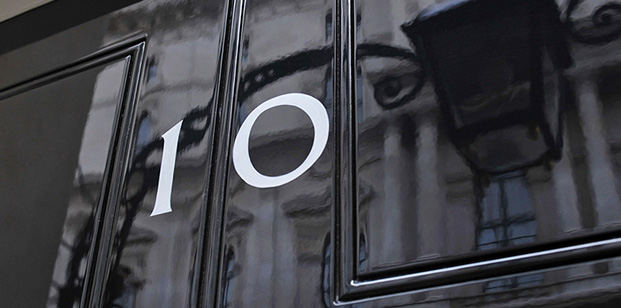November 2017
UK interest rates rose for the first time since 2007 during November. Despite this, investors appear to be confident that any further increases will be very gradual, and the FTSE 100 Index reached a new high during the month. Although UK share prices generally fell over November as a whole, medium-sized companies fared slightly better than their larger counterparts.
- Brexit continued to put the Government under pressure
- Stamp duty for first-time buyers was scrapped in the Budget on properties priced up to £300,000
- Every UK bank passed annual stress tests
To view the series of market updates through November, click here
UK interest rates rose for the first time since 2007 during November. Despite this, investors appear to be confident that any further increases will be very gradual, and the FTSE 100 Index reached a new high during the month. Although UK share prices generally fell over November as a whole, medium-sized companies fared slightly better than their larger counterparts: the FTSE 250 Index declined by 1.4%, while the blue-chip FTSE 100 Index fell by 2.2%.
“Business groups remained worried about the impact of Brexit”
In the Autumn Budget, Chancellor of the Exchequer Philip Hammond abolished stamp duty for first-time buyers on properties costing up to £300,000. Meanwhile, the Royal Institution of Chartered Surveyors (RICS) issued a downbeat assessment of the “stuttering” UK housing market dampened by a decline in both buyers and sellers and the impact of higher interest rates. RICS warned that a “stagnant second-hand market is bad news for the wider economy, not just in terms of spending but also because it restricts mobility”. Elsewhere, estate agent Countrywide issued a profit warning, citing a “challenging” market for housing transactions.
Prime Minister Theresa May remained under pressure from her own party as Brexit-related pressures were exacerbated by two high-profile Cabinet resignations. Business groups remained worried about the impact of Brexit, and several groups lobbied Mrs May at a meeting during November. BusinessEurope called for a ““status-quo-like” transitional arrangement with the UK staying in the customs union and the single market”, while the Confederation of British Industry reiterated the damage that a “no deal” scenario would inflict on trade.
The Bank of England confirmed that the UK’s banking system is equipped to withstand severe financial shocks, including a disorderly Brexit. Recent stress tests found that banks could withstand shocks such as a UK or global recession, a 33% drop in house prices, an unemployment rate of 9.5%, a sudden surge in interest rates, and a crash in the pound. Seven banks – Lloyds Banking Group, Barclays, HSBC, Standard Chartered, Nationwide, Santander UK, and Royal Bank of Scotland – were tested. Although every institution passed the tests, Royal Bank of Scotland and Barclays proved the weakest.
In the FTSE’s quarterly review of its UK equity index constituents, online takeaway company Just Eat, packaging firm DS Smith, and technology company Halma were promoted to the FTSE 100 Index, ousting engineer Babcock, entertainment company Merlin Entertainments, and medical technology firm ConvaTec Group.
A version of this and other market briefings are available to use in our newsletter builder feature. Click here









